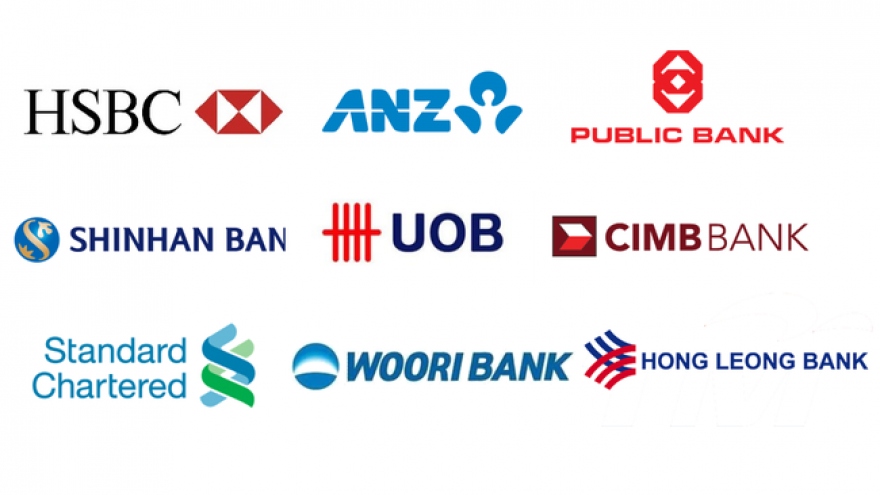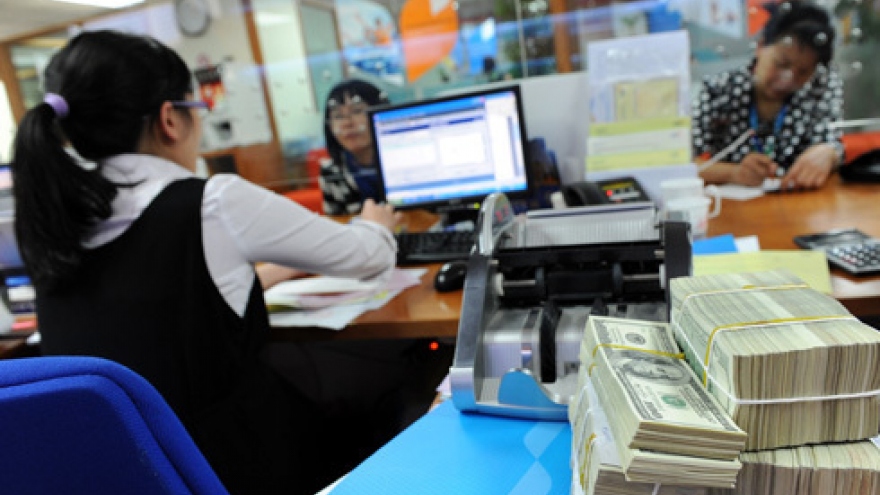Foreign banks in Vietnam raise chartered capital
Both Vietnamese and foreign banks are rushing to raise their chartered capital to satisfy the requirements of Basel II.
 |
In September 2018, Woori Vietnam Bank’s capital increased from VND3 trillion to VND4.6 trillion, or 53 percent. The 100 percent foreign owned bank established the first branch in Hanoi in 1997. Its holding company is Woori Bank, headquartered in Seoul, and a subsidiary of Woori Financial Group.
More recently, three other foreign banks were approved by the central bank for their plans to raise capital. Bank of China Ltd HCMC Branch’s will raise its capital from $100 million to $180 million, ROK Industry Bank Hanoi Branch from $90 million to $120 million, and Siam Commercial bank Public Co Ltd HCMC to $100.5 million.
Analysts say that foreign banks want higher chartered capital because this will help improve financial capability and the capital adequacy ratio as per the State Bank’s Circular 41. Banks and foreign bank branches must maintain CAR at 8 percent at minimum, while the calculation of CAR will have to follow a stricter method in accordance with Basel II standards.
To expand credit, banks will have to increase their regulatory capital to the levels high enough to ensure the CAR required in the new legal document, to take effect in early 2020.
Banks also need to have more capital to open new branches. Under Circular 21, a bank must have at least VND300 billion at least to open a branch in the inner city of Hanoi or HCMC, and VND50 billion to open a branch in other localities.
Meanwhile, as analysts noted, foreign banks want to have more branches to develop retail banking, a promising business field with increasingly high demand for consumer credit.
Woori Vietnam, for instance, after raising its capital in 2018, opened six more branches and transaction offices.
There are nine wholly foreign banks in Vietnam: ANZ, CIMB, Hong Leong, HSBC, Public Bank, Shinhan Bank, Standard Chartered, UOB and Woori, and 49 foreign bank branches.
While Vietnamese banks find it difficult to raise capital because of limited financial resources and the regulations on foreign ownership ratio, foreign banks do not face such obstacles because they can get support from holding banks.



